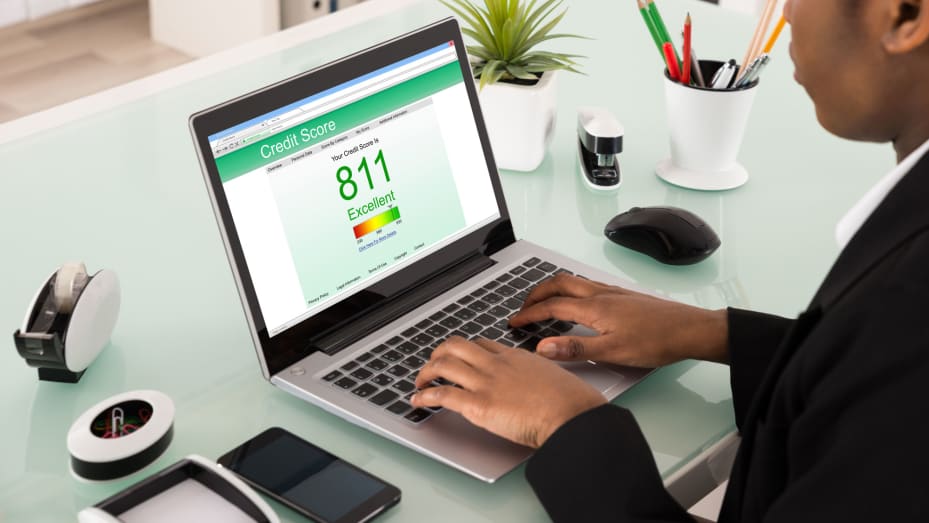Being smart with money is not rocket science, although it seems so to many of you. Even if you are not earning a handsome salary, you can make the most of your money. Budgeting, saving, retirement planning, and investing everything is essential when it comes to managing money.
Most people blame their salaries for being unable to have full control over their money, but the fact is that they overspend. Experts suggest saving for a rainy day, but overspending comes in the way. Convenient online borrowing is also one of the causes.
For instance, while being in the spell of unemployment, you simply take out loans for the unemployed in the UK. You do not even try to set aside money for unexpected expenses. However, you do not find room to save money as you overspend money.
Want to Manage Money Wisely? Here are Some Suggestions for You
Here are the tips for managing your money smartly:
- Set your financial goals
Your budget will not work until you have goals. You should know what your budget is aiming at.
- Do you want to settle the outstanding debt?
- Are you trying to build an emergency cushion?
- Are you saving for buying a laptop? You may set different financial goals.
They keep you motivated. If you have a reason for saving money, you do not stop it. Further, when you have goals, and you try to achieve them, your financial situation automatically improves.
- Look at your overall income.
To make a budget that works for you, you must know your overall income. A budget that overextends your means will never work in your favour. To calculate the total monthly income, club your monthly salary and any other income source – for instance, side gigs, rental income, windfall, and the like.
If you have variable income, create a budget for each month separately. If you live with your significant other, club their income as well. Try to aim at covering all of your monthly expenses from what you bring in home.
If unforeseen expenses pop up, you should still try to meet them with your income. Do not rely on a credit card, as they can cost you a lot of interest if not paid off within time. However, you can use the same day payday loans in the UK if you still need some money, provided you pay off the debt on time.
- Calculate necessary and inessential expenses
You should calculate essential and discretionary expenses separately. The former must be given top priority, and debt payments are a part of them. If you fail to pay it off on time, your credit score will be affected. They can also restrict you from borrowing money at lower interest rates.
These essential expenses may include mortgage payments, utility bill payments, credit card debt settlement, groceries, and insurance. Your budget must be sufficient to meet all of your essential expenses.
To avoid falling behind payments, you should opt for an auto-pay mode. Discretionary expenses are driven based on your will, so you can quickly increase or whittle down your budget for these expenses.
Even if these expenses fall within your budget, you should try to reduce them further. This will help grow your emergency corpus quickly. For instance, you should try to reduce the number of visits to the cafe.
- Slash your budget if possible
By creating a budget, you will be able to identify areas where you can slash your expenses. For instance, if you have car insurance, you can do some research to find a more affordable policy. If you have been paying membership fees for your gym, you can altogether avoid it by opting for natural ways of exercise.
Cut the cable connection if you watch streaming videos on Netflix. You do not need to pay for magazines or newspapers as you can get access to digital formats. Buying groceries in bulk and from thrift stores will help save you an inordinate amount of money. Slashing your budget will help build an emergency cushion faster and more smoothly.
- Track your monthly spending
Your budget will actually work in your favour when you track your spending. This is vital to keep your spending within your means. You will have to decide how frequently you want to look over your spending. However, experts suggest that you review your expenses every week.
Make a spreadsheet to note down all of your expenses and include those that you pay with credit cards and debit cards. Reviewing your expenses will help you know how much cash you have left for the rest of the month. This is how you can stop overspending.
- Stick to your savings plan
Creating a savings plan is a part of budgeting. Based on your living style, you will decide how much your budget allows you to set by every month. It should be at least 10%, according to experts. However, it is better if you stretch it up to 20%.
50/30/20 budgeting is considered the ideal method. However, if your essential monthly expenses are slightly higher, you can use the 60/20/20 budgeting rule. It is not impossible to grow your emergency cushion, but people are hardly left with money to do so due to overspending.
Therefore, you should pay yourself first. Link your savings account to your payment account and transfer 20% of your income there. Then, use the rest of 80% of your income for all of your expenses.
The bottom line
Managing money is not a cinch, but most people fail to do so as they do not even give it a try. Even if you are living paycheque to paycheque, you can easily make your budget work in your favour. Know your total income and expenses, and then see how to bring them into your budget.
Track your spending weekly, so you do not end up impairing your budget due to overspending. With careful spending, you can easily have full control over your money, even during emergencies.






